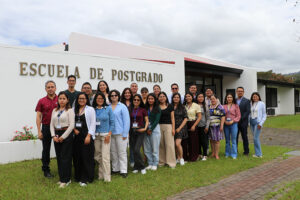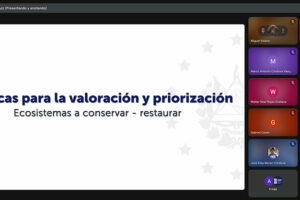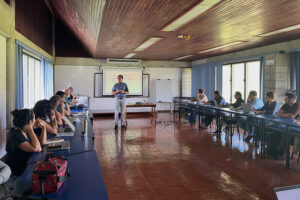CATIE researcher Mónica Arias is the new representative of CIRAD in the AgroForesta platform
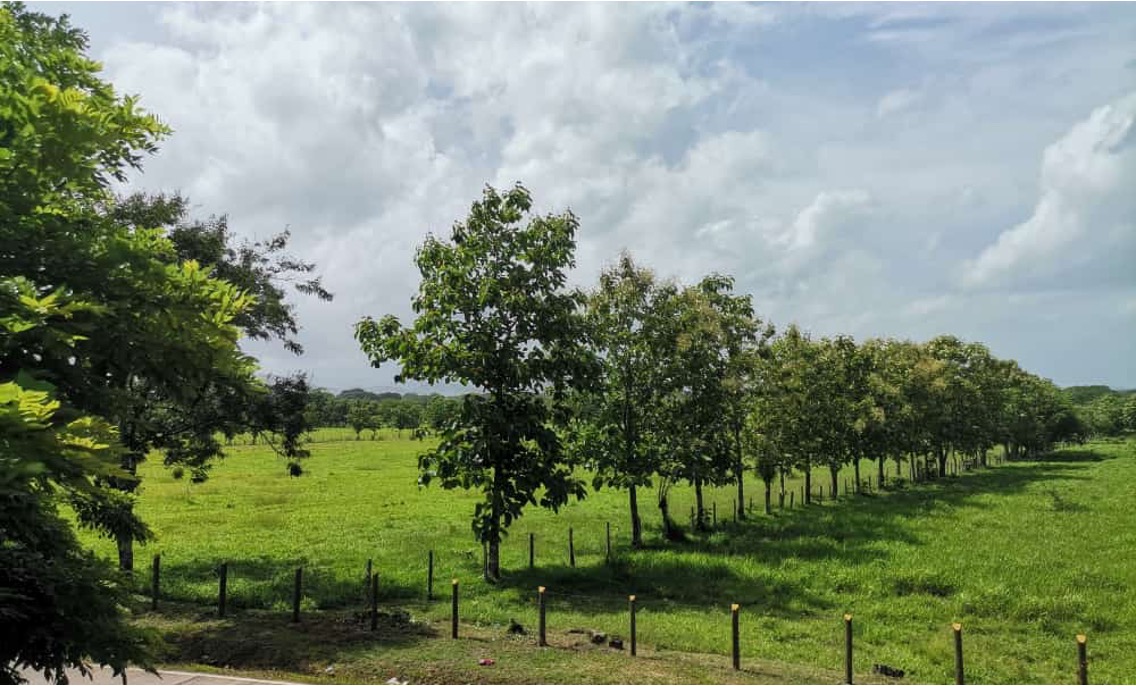
- Through agroecological transition and the strengthening of international dialogue, the scientist promotes more sustainable and friendly production in the region.
The Latin American Agroforestry Scientific Network (AgroForesta), of which CATIE is a member, announced the incorporation of researcher Mónica Arias as the new representative of the French International Cooperation Center for Research and Development in Agronomy (CIRAD), under the coordination of Arlene López Sampson of CATIE and the presidency of Vincent Gitz of CIFOR-ICRAF.
Arias holds a PhD in evolutionary ecology, a master's degree in ecology, evolution and systematics and a bachelor's degree in biology, with extensive professional experience in insect ecology and their relationship with their host plants. She is currently working on the ecology of pests and diseases of cocoa and coffee.
In France she is part of the Plant Health Institute of Montpellier (PHIM) and in Costa Rica she works at the Forests and Biodiversity in Productive Landscapes Unit of CATIE, studying pests and diseases of cocoa and coffee, how management practices and climate affect them and how their natural enemies can control them. This research is aimed at finding solutions to the socioeconomic, environmental and climatic challenges faced by those involved in agriculture.
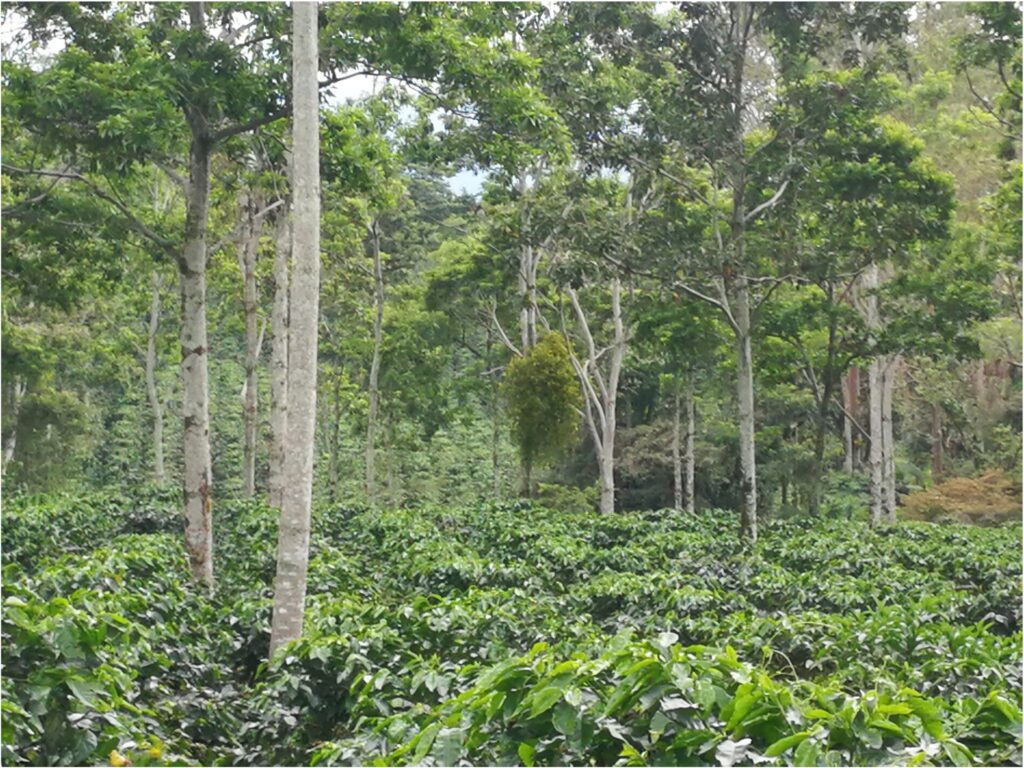
The new CIRAD representative was pleased to join the AgroForesta network and highlighted the areas in which she will be able to contribute with her work. “I seek to learn more about the ecosystem of pests and diseases within the plot and the effect that the existing biodiversity in surrounding forest patches or in other elements of heterogeneous landscapes has on the regulation of these pests and diseases, in order to propose solutions that come from ecology and help reduce the use of agrochemicals,” she says.
Her work will also enrich AgroForesta's mission in the generation of knowledge, policies, technologies and innovative practices to promote sustainable development in rural communities through interdisciplinary and participatory approaches such as citizen science.
“There is an increasing paradigm shift, that research questions are not only conceived by researchers but also come from farmers and people who are in the field every day, and how they see the new challenges posed by globalization and climate change,” she explains.
AgroForesta promotes key lines of research such as livelihoods and gender equity, participatory innovation, product and service valuation, resilience and transformation, policies and tools, as well as biophysical processes and biological diversification.
These lines of research are applied to crops such as coffee and cocoa using various tools and methodologies such as statistical models, bioeconomics, artificial intelligence, mechanistic and multi-agent modeling, participatory diagnostics, integrated pest and disease management, genetic improvement, agroforestry design, and digital agriculture, conservation and regeneration.
Therefore, the role of professionals such as Dr. Arias in AgroForesta is fundamental to create bridges of knowledge among all the actors involved in the agricultural value chain.
“Like CATIE, CIRAD's mission is also to conduct cutting-edge research, but also to supervise students and train this human capital at the regional level, working side by side with farmers and the problems they face,” she concludes.
More information:
Mónica Arias
Researcher at the Forests and Biodiversity in Productive Landscapes Unit
CATIE
CIRAD representative at the Latin American Agroforestry Scientific Network (AgroForesta)
monica.arias@cirad.fr
Written by:
Eber Víquez León
Communications and Marketing Office
CATIE
eviquezleon@gmail.com
comunica@catie.ac.cr

